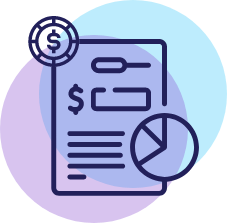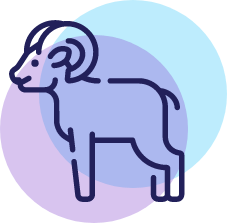
Zakat on businesses, stocks, and bonds
Business can be defined as any assets property of which is reverted to the zakat payer, whether real estate, food products, agricultural, livestock, or others, and maintained for the intention of trading. After signing a confidentiality agreement, the Company accesses all client's financial data and investigates all assets and liabilities to specify items subject to zakat and calculate its value , in accordance with the provisions of Institutions of Collective Ijtihad, such as Kuwait Office for Charity Projects, and Accounting and Auditing Organization for Islamic Financial Institutions.
Zakat on Plants
This includes agricultural activities, such as trading in palms and dates and their derivatives and calculating Zakat on dates that are not earmarked for sale.
After signing a confidentiality agreement with the client, the Company investigates agricultural assets, and excludes assets not subject to Zakat; and thus, deducts liabilities from assets subject to Zakat. In the case of dates (not earmarked for sale) the quantities of dates are estimated at farms, according to the estimation criteria applicable for dates, then the value of Zakat is determined by the owner of the crops, in accordance with the provisions of Collective Ijtihad Institutions, such as the Kuwait Office for Charity Projects, and Accounting and Auditing Organization for Islamic Financial Institutions.

Zakat of Livestock
Livestock include camels, cows, and sheep, which are subject to Zakat provided that they are not fed, maintained for one whole year, and reached the minimum amount required for zakat. Where livestock is being fed, whether collected or purchased by its owner, and intended for trading and fulfilled the requirements for zakat, its zakat shall be calculated in the same manner as zakat of businesses. Where the livestock is not intended for trading, zakat shall be calculated as livestock zakat. After signing a confidentiality agreement between company and client, the Company evaluates the livestock allocated for sale. Customer's liabilities are investigated, then deducted from assets subject to Zakat; Finally, the amount of zakat due by the owner of livestock is determined, in accordance with the provisions of Collective Ijtihad Institutions, such as the Kuwait Office for Charity Projects, and Accounting and Auditing Organization for Islamic Financial Institutions.
